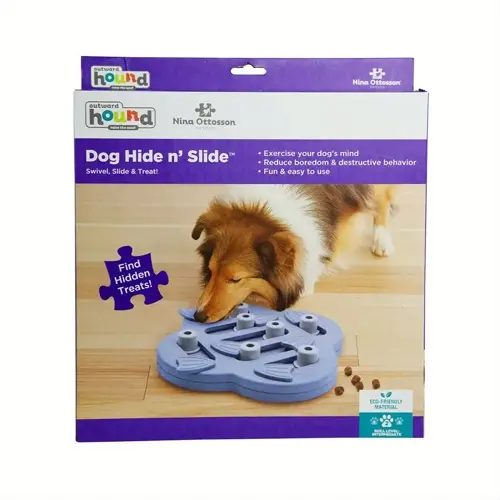What is the optimal feeding schedule for a puppy?

Written by
Wang Jiahao
Reviewed by
Prof. David Walsh, Ph.D.A good routine for feeding puppies sets them up for lifelong health. Proper timing in feeding their meals also provides adequate digestion and normal growth. Puppies have different needs than adults because they require a different feeding schedule. Their bodies are highly active, and they will require frequent feeding. Starting this feeding schedule now will avoid future troubles.
Young puppies under 12 weeks need frequent meals. Eating five small meals evenly spaced helps maintain stable energy levels by preventing blood sugar crashes. Space meals 3-4 hours apart while awake. Never miss a feed at this important time. They have tiny tummies, and the food is digested quickly.
Vary meal frequency as your puppy grows. From 3 to 6 months, feed 4 times a day. Lengthen intervals to 4-5 hours. All shift to 3 meals about 6 months. Most puppies can adjust to feeding twice daily by 12 months. Some large breeds need a longer time to adjust to feeding twice daily.
Meal timings determine the quality of digestion. Breakfast is the first meal of the day and should be offered within 30 minutes of waking up in the morning. Dinner should be served before 7 PM at the latest. For adult dogs, meals should be spaced 10-12 hours apart. For metabolic regulation, it is best to maintain consistent meal times daily.
Hydration Management
- Provide fresh water throughout the day
- Remove water 1 hour before bedtime
- Increase water during hot weather
- Monitor drinking patterns for changes
Activity Coordination
- Avoid meals 1 hour before/after exercise
- Schedule walks after digestion completes
- Adjust portions for active days
- Watch for tiredness after eating
Transition Methods
- Shift meal times gradually over 5 days
- Combine smaller meals into larger ones
- Monitor stool consistency during changes
- Consult your vet if problems appear
Consistency remains important for maintaining digestive health. Young puppies respond well to clear and predictable routines. Try to keep weekend schedules as close to the weekdays as possible. Travel will take even greater planning. Don't forget to bring familiar bowls with them, and feed them at the same feeding times as you would back home.
Watch for issues such as dogs eating too quickly. Slow-feeder bowls can sometimes help greedy puppies. If your puppy appears lethargic or too full of energy after meals, you may want to re-evaluate portion sizes. Please speak with your veterinarian for personalized advice. They are familiar with your puppy's individual needs.
Read the full article: Puppy Feeding Schedule: Complete Guide

